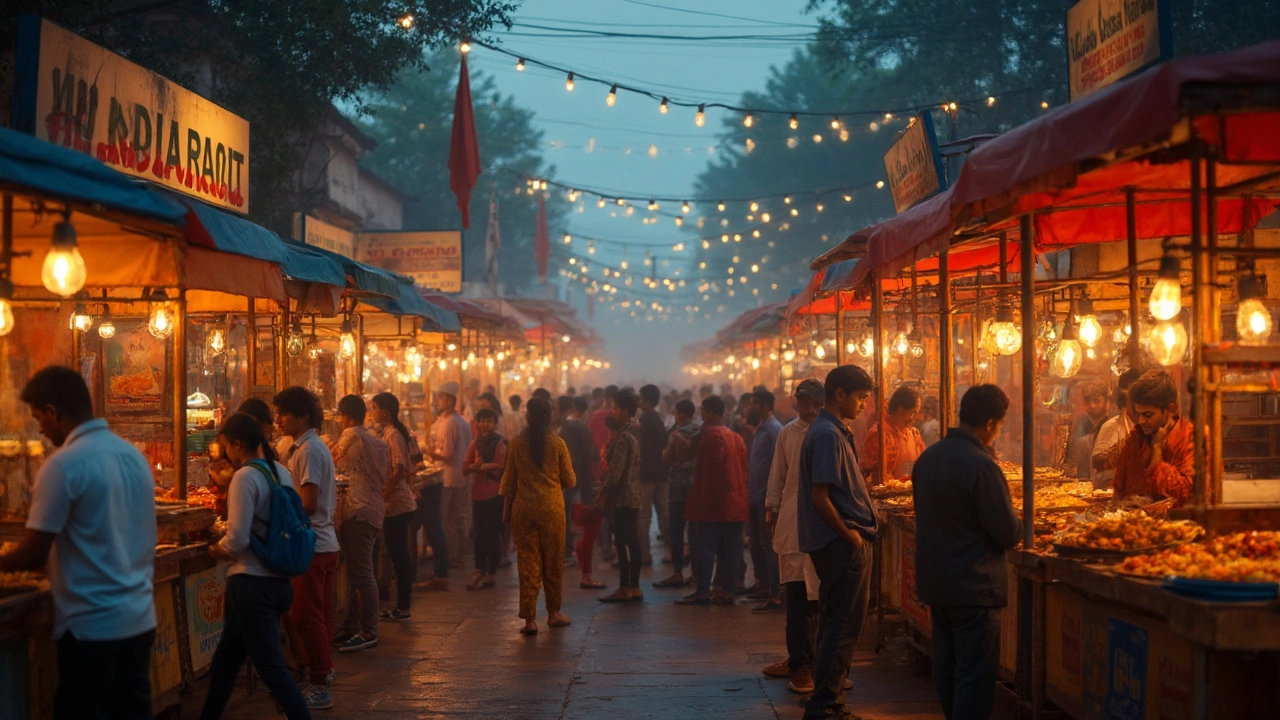Meat Legality: Rules, Beliefs, and Everyday Choices
If you’ve ever wondered why a chicken shop can be everywhere but a beef stall is missing in some towns, you’re not alone. In India the question of “what meat can I eat?” mixes real laws with deep‑rooted faiths. Knowing the basics helps you avoid awkward moments, stay on the right side of the law, and respect cultural vibes.
Legal Limits on Meat in India
Indian states have different rules about which meat you can sell or serve. Most states ban the sale of cow meat (beef) because the cow is a protected animal under the Constitution. Karnataka, Maharashtra, Gujarat, and Tamil Nadu enforce strict penalties for slaughtering or transporting beef. Some places, like Kerala and West Bengal, allow it under regulated conditions.
Pork faces its own set of rules, especially in states with a large Muslim population. While there’s no nationwide ban, certain districts restrict pork sales near schools or public institutions. The key is to check local municipal orders before you set up a stall or order delivery.
Beyond cattle and pig, wildlife protection laws make hunting or selling any wild animal meat illegal. The Wildlife Protection Act of 1972 protects species like deer, boar, and various birds. Violating these rules can result in heavy fines and prison time, so always source meat from licensed farms.
For home cooks, the safest bet is to buy meat from a certified vendor who holds a FSSAI license. The label will tell you the source, the processing date, and whether the product follows local regulations. If you’re unsure, ask the shop for their license number and verify it online.
Religious Beliefs Shaping Meat Choices
Religion adds another layer to meat legality. Hindus often avoid beef because the cow is seen as sacred. Some families also stay away from pork and chicken during festivals, but that’s a personal choice rather than a law.
Muslims follow halal guidelines, which means the animal must be slaughtered with a specific prayer and the blood fully drained. Many Indian cities have dedicated halal butchers, and the “Halal” tag on packaging guarantees compliance.
Jains take the strictest stance: they avoid all animal products, including milk, because of the principle of non‑violence. If you’re cooking for Jains, stick to vegetables, legumes, and spices.
Sikhs generally eat meat but avoid beef. Some community kitchens serve only vegetarian meals to respect diverse members.
Understanding these customs helps you plan meals for guests, especially during big events like weddings or festivals. A quick question like, “Do you eat beef?” can prevent an awkward moment and shows you respect the host’s beliefs.
In practice, start by checking local regulations, then match the legal limits with any religious preferences of the people you’re cooking for. When in doubt, go for chicken or fish—they’re the most widely accepted and legally safe options across the country.
So next time you’re picking a recipe or ordering take‑out, you’ll know exactly which meats are okay, which are off‑limits, and why. That knowledge keeps you on the right side of the law and helps you enjoy food without any unnecessary hassle.
Is it Illegal to Eat Steak in India? Street Food Rules Unpacked
Curious if eating steak in India is against the law? This article breaks down the real facts about India’s steak and beef regulations. We’ll clear up what’s legal, what’s not, and why the rules change from state to state. Get tips for street food lovers and find out where you can actually try steak dishes. Navigate the local laws and taste the best of Indian street food without any trouble.
